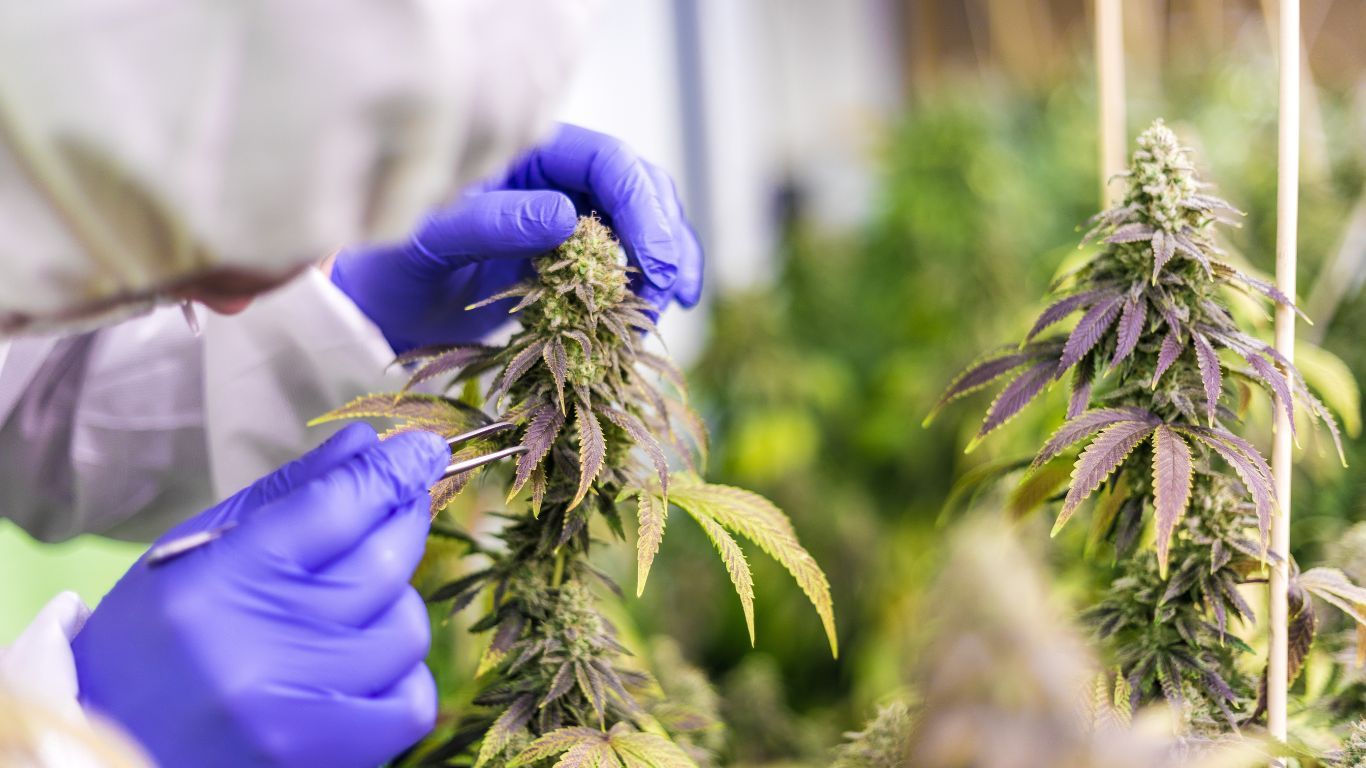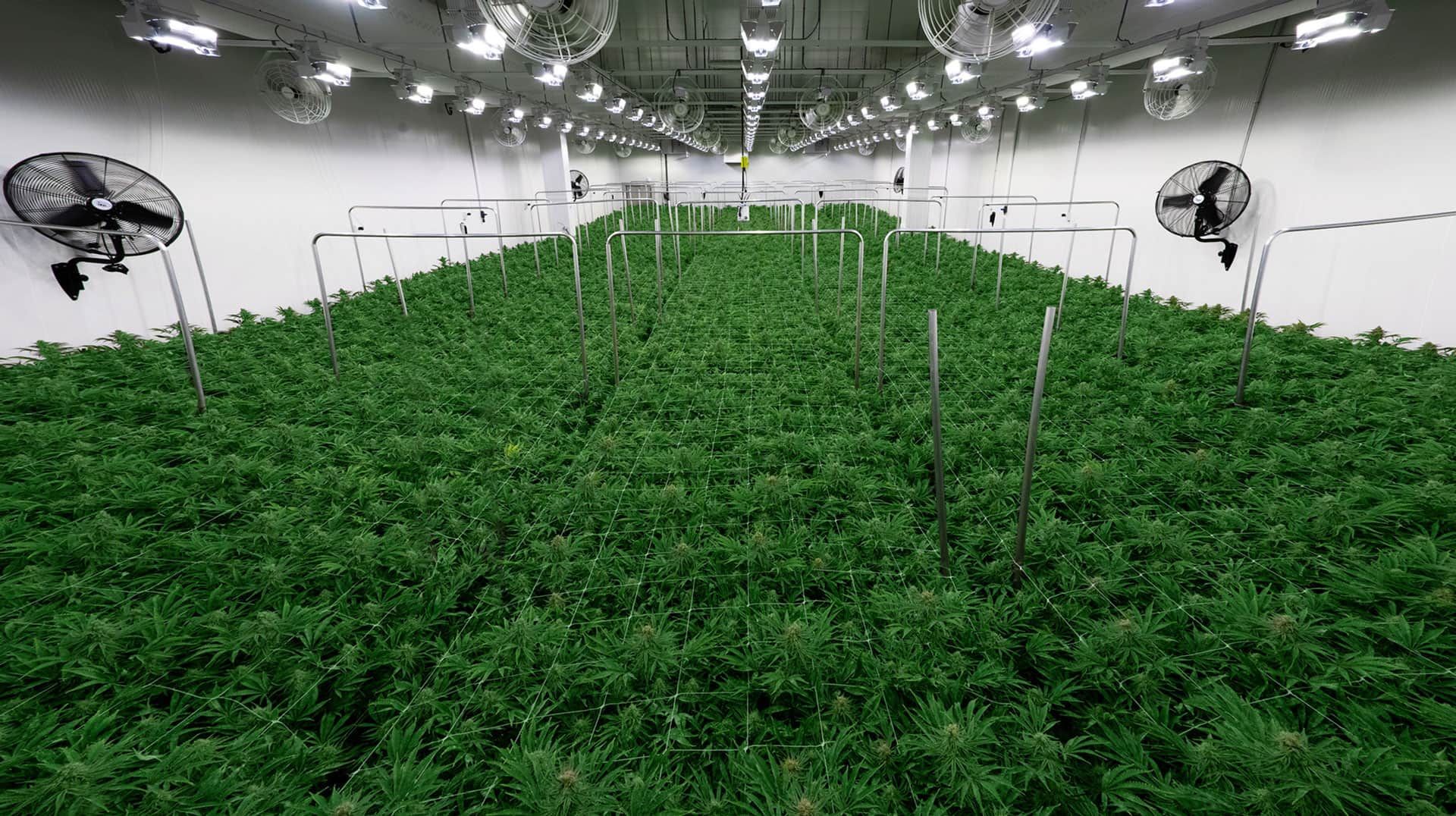
For countless lives impacted by Canada and America’s drug wars, legalization means little if they don’t receive some form of restorative justice.
In Canada, lawmakers continue to say that automatic expungement is impossible. In the U.S., federal prohibition continues to limit progress.
In 2020, Annamaria Enenajor, director of the Campaign for Cannabis Amnesty, called Canada’s record suspension program an “abject failure.” Looking at the number of records processed, it is hard to argue Enenajor’s assessment. Meanwhile, advocates say expungement was the wiser route despite lawmakers stating otherwise.
First-year expectations projected that 10,000 Canadians could be eligible for what was once touted as a simple, straightforward process. Instead, only 257 were accepted by the Parole Board of Canada (PBC). As well, instead of the thousands expected to apply, only 458 submitted their applications.
In 2020, PBC spokesman Jon Schofield told CBC that the pandemic caused processing delays. A government official told the publication that the matter was made more complicated by other criminal convictions on a person’s record. Under the law, a person is not eligible for a record suspension if their record has other criminal convictions.
Making matters more difficult is the categorization of cannabis crimes in Canada. Unlike the United States, Canada does not have a specific crime for possessing pot. Instead, a person’s record may have a charge for possession of controlled substance, a schedule 2 conviction. In 2019, MP Karen McCrimmon said this circumstance made amnesty a popular choice. However, lawmakers could not select the option due to the uncertainty of cannabis charges from another schedule 2 substance.
She called amnesty “a practical impossibility” at the time. The record suspension bill would pass in early June 2019. The circumstances leave many unable to address their record as hoped. Without mentioning cannabis, offenders’ records can be lost in the system and leave them unable to complete the paperwork process.
The way it has unfolded up to this point would indicate that we’re not really prioritizing past convictions for cannabis.
Caryma Sa’d, NORML Canada
A record suspension is not enough to some advocates. “We’re not even talking about expungements here,” said Jamie Shaw, director of the British Columbia Independent Cannabis Association. Instead, Shaw noted that suspensions leave offences on a person’s record while removing the criminal conviction portion. Unlike expungement, a person must serve their sentence and then wait five years before qualifying.
In 2019, NDP MP Murray Rankin’s expungement proposal was rejected. The NDP responded saying that the Liberal party selected a flawed system despite acknowledging the disproportionate effect the drug war has on Indigenous and Black Canadians.
“Instead of eliminating criminal records for something that is now perfectly legal, the Liberals have proposed a record suspension program that requires a complicated application process and doesn’t erase the records,” an NDP press release stated.
Caryma Sa’d is a Toronto-based advocate and executive director for NORML Canada. Sa’d believes that expungement isn’t an impossible feat. Rather, it requires a significant degree of legislative effort, including acknowledging that the criminalization of cannabis was wrong. “It’s a matter of priorities,” said Sa’d. But, she added, “The way it has unfolded up to this point would indicate that we’re not really prioritizing past convictions for cannabis.”
In 2020, Senator Kim Pate introduced legislation for an automatic record suspension for cannabis convictions. The legislation, Bill S-214, made it to a second chamber reading during the session. The bill was reintroduced as Bill S-208 this year. In April, reports stated that Senate discussions on the matter should begin again soon.
States, Towns And Counties Take Incremental Steps As America Prohibits Pot
The US continues to see people arrested for cannabis on the state and federal levels. According to the Americans for Civil Liberties Union (ACLU) and its 2020 report, arrest rates vary significantly by state. South Dakota topped the list with over 707 arrests per 100,000 people. It also had the highest growth rate of arrests, increasing 176% between 2010 and 2020. The ACLU also notes that variances also occur by county, with local laws affecting enforcement.
While the U.S. has more precise cannabis charges than Canada, tracking how many are in prison for the plant remains difficult. In 2021, Drug Policy Facts editor Doug McVay told CelebStoner that tracking cannabis offences typically comes from comparing old stats from the Justice Department. Using 2004 and 2019 data, McVay noted that over 22,000 people are in state prison and over 9,500 others are in federal prison for cannabis. The Last Prisoner Project pushed back, telling the publication that they believe the numbers are larger than McVay reported.
It’s worth noting the trajectory of how fast this conversation has evolved.
Justin Strekal, NORML
Without federal legalization, the U.S. is left to a patchwork of regulations. Laws and processes vary by state but also by city and municipality. As of March 2020, four states had enacted automatic expungement laws. Two more allow petitions to reduce, set aside, or vacate offences. Eleven additional states authorized record relief where a charge has now been reclassified as legal or decriminalized.
Essentially, offenders may find themselves with an entirely different expungement experience just a few miles away from someone in another town or county.
Ryan Kocot is general counsel and director of compliance for California-based cannabis brand Ikanik Farms. Before working in corporate cannabis, Kocot spent three years working with juvenile defenders and another five years working in the public defender’s office. In California, he said that the expungement process varies by county.
Kocot said the differences could stem from how each court operates. He noted that every court has its quirks, notably its required paperwork. He said the process could vary in length as well, with Sacramento County taking two to three months to receive a court date while neighboring Placer County typically taking a month.
The process may be frustrating and varied, but the U.S. has been able to enact automatic expungement in 11 states. They include:
- California (Specific misdemeanours and low-level felonies)
- Illinois (Specific minor marijuana offenses)
- Michigan (Numerous misdemeanours and felonies)
- New Jersey (Specific misdemeanours and low-level felonies)
- New Mexico (Specific marijuana misdemeanours and low-level felonies)
- New York (Specific marijuana misdemeanours and low-level felonies)
- Pennsylvania (Various misdemeanours)
- South Dakota (Minor misdemeanours)
- Utah (Various misdemeanours)
- Vermont (Minor cannabis offenses)
- Virginia (Specific misdemeanours)
Torie Marshall, advisory board member for advocacy group Cage-Free Cannabis, noted that while automatic expungement exists, “It should be better moving forward while it’s expanding.”
NORML Political Director Justin Strekal agrees that the process is evolving. “It’s worth noting the trajectory of how fast this conversation has evolved,” he said. “Justice delayed is justice denied,” he added, but stated that he believes advocate efforts are moving record reform in the right direction.
Strekal tells NORML advocates around the country that proofs of concept help sway the discussion. “Ideas are not good enough,” he stated. “We need examples.” A recent example of this approach was Birmingham, Alabama.
After collecting examples of successes in other cities, advocates presented their case to Mayor Randall Woodfin, who committed to automatically pardoning 15,000 convictions. Strekal said advocates pointed to proofs of concept across the country where automatic expungement worked. Examples included the state of Colorado, the city of Chicago, and various counties in California.
Next Steps For Record Reform
Despite the hardships in both nations, advocates aren’t ready to give up. In America, the fight is well underway—while in Canada, advocates say the effort could use more fight. In both cases, they say that action by a few can create change for many.
Stay tuned for part two on this important subject.














